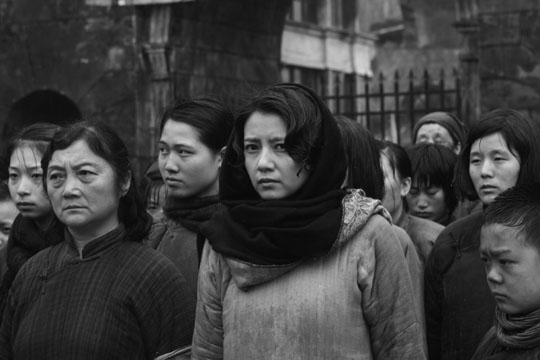South Korea's biggest box-office hit of the year is the disaster movie "Haeundae," which has been seen by 11.3 million Koreans. The title refers to the beach-resort area of Pusan, where from Oct. 8-16 the 14th annual Pusan International Film Festival took place. In fact, most of the festival is held in Haeundae, and on the second night I watched a computer-generated reproduction of the hotel where I was staying toppled by a 50-meter-high "megatsunami."
"Haeundae" is the Korean film industry's latest challenge to Hollywood hegemony, at least in Asia. It is also one of the most pirated movies in the region, and each of the 354 movies screened at the festival, considered Asia's most significant film event, was preceded by a public-service announcement in which laughing movie stars encourage viewers to be "good downloaders."
They can afford to be gentle. Asian films, and Korean films in particular, are doing well right now. Production financing remains robust and ticket sales are rising. Following the removal of the government's quota for domestic movies several years ago, Korean films slumped, but are now back with a vengeance. July-September box office receipts topped $281 million, making it the biggest third quarter in the history of Korean cinema.
















With your current subscription plan you can comment on stories. However, before writing your first comment, please create a display name in the Profile section of your subscriber account page.